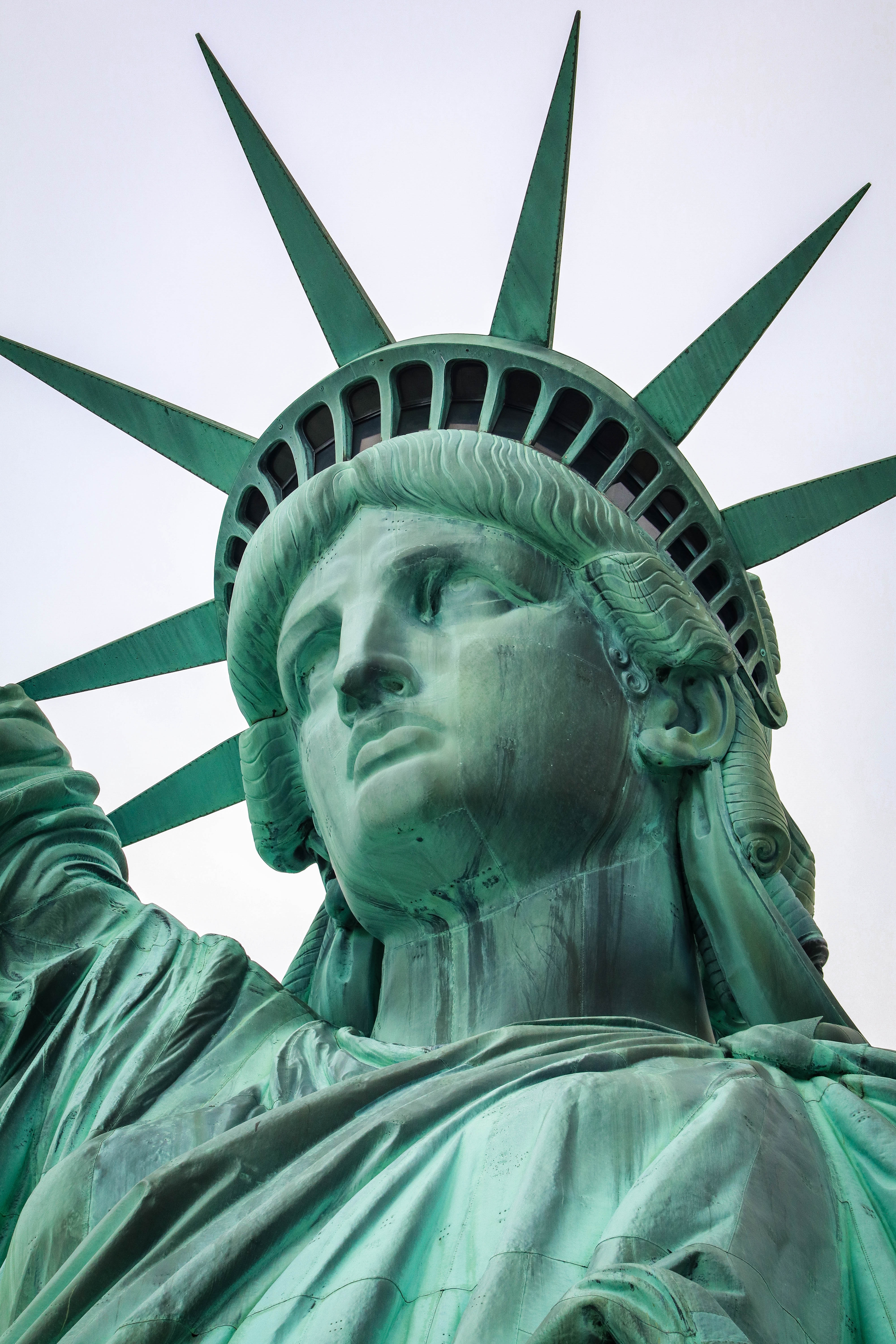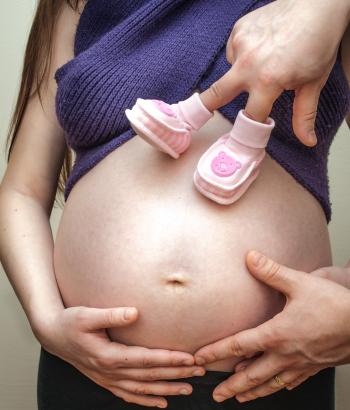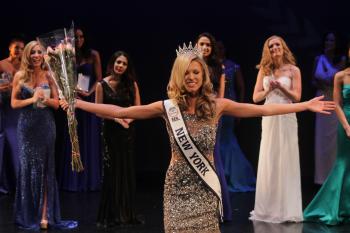Users Who Spiked

HOW WILL BEING BORN ON U.S. SOIL AFFECT A CHILD?
Private Notes
Private Notes
Notes
The Future of Birthright Citizenship
While I lived overseas, I was concerned with what would happen if my future child was not born on U.S. soil. While I knew any child of mine would obtain American citizenship by having at least one American parent, it concerned me what kind of stigma he or she would face if their birthplace was anywhere but in the United States.
I was worried people would question my future child’s citizenship, ... after a fellow American assumed I lost my own American citizenship since I lived overseas so long. Shocking, I know!
Some people believed that if I gave birth overseas, the child would be a citizen of Saudi Arabia rather than the United States. Even if they were, they would also be American by virtue of having an American mother.
Along with worrying about how my future child would be viewed with a foreign birthplace, it was frightening to think of getting pregnant and having a child in a foreign country. For one thing, you are away from most of your support network. Then, there are bigger issues to think about: money, healthcare, work, daycare.
For foreign-born parents or future parents in the United States right now, my heart goes out to you. It is not easy living the life of an expat especially when you are a family of expats or looking to start a family.
TRUMP'S EXECUTIVE ORDER
And now, President Trump revealed his plans for a new executive order that threatens birthright citizenship raising concerns for expat and expat families living in the United States.
Most likely, the Supreme Court will review such an executive order. It would not be the first time the Supreme Court looked at a case concerning the 14th Amendment and birthright citizenship. In the 1898 case U.S. v. Wong Kim Ark, the Supreme Court recognized that a child born in the US of foreign-born parents is a US citizen. However, the child’s parents, in that case, were legal residents of California. As such, I fear that now there may be a question left unanswered for the Supreme Court.
Does the 14th Amendment grant citizenship to a child born of foreign-born parents who are illegally residing in the United States?
If Trump does issue this executive order, it is unclear ...
-if the Supreme Court will simply strike it down as unconstitutional because a President cannot legislate or amend the Constitution, or
-if the Supreme Court will take on the issue of birthright citizenship in respect to illegal immigration.
Regardless of which side one may take, illegal immigration has become a heated topic in American society.
We have yet to know what the executive order will say. The New York Times referred to an opinion piece in the Washington Post written by Michael Anton, a former spokesman for Mr. Trump’s National Security Council. Anton wrote, “An executive order could specify to federal agencies that the children of noncitizens are not citizens.” If the executive order states this, the Supreme Court will highly likely strike it down as unconstitutional because of the decision in U.S. v. Wong Kim Ark. If the executive order uses the term "noncitizens," it is not distinguishing between legal and illegal immigrants to indicate a new issue for the Supreme Court to decide.
However, what if the executive order specifies instead that “the children of illegal immigrants are not citizens.” How would the difference in language affect the Supreme Court’s opinion if it were to revisit the issue of birthright citizenship?
Only the future will tell what will happen. When it comes to birthright citizenship, will there eventually be a distinction between children born of foreign-born parents who are legally residing in the U.S. versus those who do so illegally?
Or will there be a renewed appreciation for the 14th Amendment in granting citizenship to any child born on U.S. soil?
The future of American citizenship lies in the 14th Amendment and the Supreme Court.
In the meantime, I hope there will be more sensitivity towards expats living in the United States that are concerned about their own futures and those of their children, including their unborn children.
Photo by Brandon Mowinkel on Unsplash
Resources:
Anton, Michael. July 18, 2018. “Citizenship Shouldn’t be a Birthright.” The Washington Post. Opinions. https://www.washingtonpost.com/opinions/citizenship-shouldnt-be-a-birthright/2018/07/18/7d0e2998-8912-11e8-85ae-511bc1146b0b_story.html?utm_term=.8f8d00974046
Davis, Julie Hirschfeld. Oct. 30, 2018. “President Wants to Use Executive Order to End Birthright Citizenship.” (https://www.nytimes.com/2018/10/30/us/politics/trump-birthright-citizenship.html)
U.S. v. Wong Kim Ark. 169 U.S. 649. (U.S. Supreme Court, 1898). Cornell Law School. Legal Information Institute. https://www.law.cornell.edu/supremecourt/text/169/649#writing-USSC_CR_0169_0649_ZO
Comments
Please login to post comments on this story
-
I hadn't considered this topic in depth, I was just against it because I felt like he was mostly taking aim at Mexican immigrants again and it seemed very racist to me. Thank you for explaining it. I hope the Supreme Court does the right thing.





































